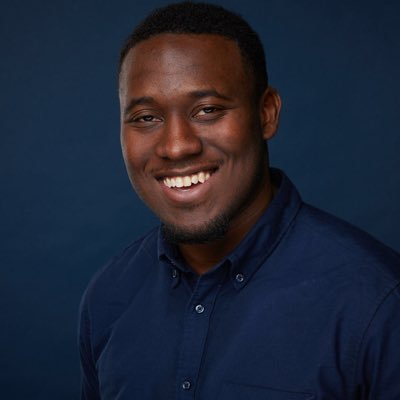
Kianté is the sort of student who you can drop in any situation, and he’ll find a way to learn from others and make progress on hard problems.
Kianté Brantley, LSAMP Bridge to the Doctorate Fellow, who was in the 2016 cohort and University of Maryland graduate student in the Computational Linguistics and Information Processing (CLIP) Lab, will join 68 other graduate students nationwide in receiving a Computing Innovation (CI) Fellows award—a two-year paid postdoctoral computing position.
The program is a prestigious postdoctoral research program managed by the Computing Research Association and supported by the National Science Foundation.
CI Fellows receive a $75K annual stipend, work with a computing innovation mentor from another institution, and participate in cohort activities that support career development and community building.
As a researcher in the CLIP Lab, Brantley designs algorithms that efficiently integrate domain knowledge into sequential decision-making problems. He is advised by Hal Daumé III, a professor of computer science with appointments in the University of Maryland Institute for Advanced Computer Studies (UMIACS) and the Language Science Center (LSC).
Brantley, who is set to complete his doctoral degree in computer science in December, will go to Cornell University to design ranking algorithms with Thorsten Joachims, a professor of computer science and information science. They will study theoretical and practical aspects of learning-to-rank recommendation system problems, then propose methodologies with theoretical guarantees and practical benefits for sequential decision-making in the recommendation system.
Last year, Brantley was awarded the competitive Microsoft Research Dissertation Grant. He also won second place for his talk at the Natural Language and Speech Symposium, the field’s leading conference.
Hal Daumé III, Kianté Brantley’s advisor says:
“Kianté is the sort of student who you can drop in any situation, and he’ll find a way to learn from others and make progress on hard problems,” says Daumé. “Plus, people want to work with him—he’s smart, diligent, and also a pleasure to interact with.”
The original story was written by Maria Heard, Department of Computer Science at the University of Maryland.
Top